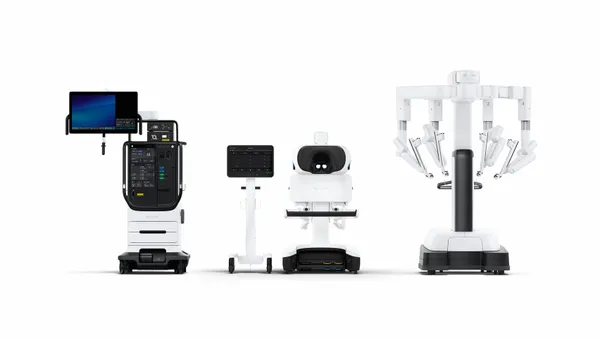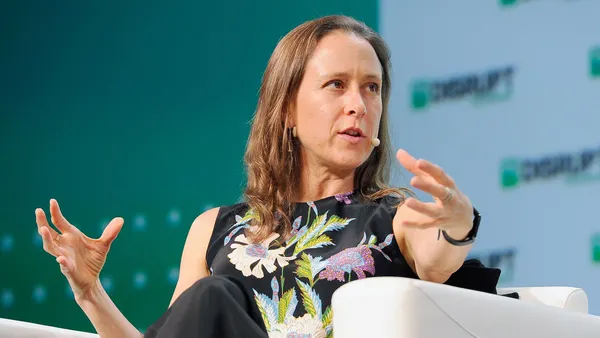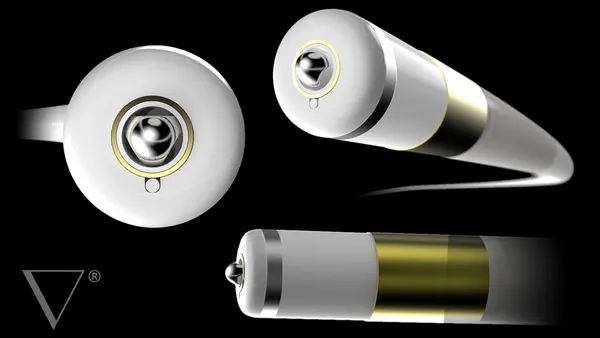Dive Brief:
- CMS Wednesday unveiled its proposal for a mandatory radiation oncology bundled payment model, which aims to reduce Medicare spending by testing prospective site neutral, episode-based payments to providers. The agency expects the proposed model to save Medicare $260 million over a five year period.
- The proposed rule comes two years after HHS released a report, mandated by the Patient access and Medicare Protection Act, on development of an episodic alternative payment model for radiotherapy. It found radiation therapy faced challenges due to a lack of site neutrality for payments, incentives that encouraged volume over value of services and coding issues.
- Manufacturers with the greatest financial exposure to the proposal include Varian Medical Systems, Accuray, Elekta and Siemens, Cowen Washington Research Group's Eric Assaraf wrote in a research note. The model "likely lowers the chance of Draconian cuts in the proposed CY20 Physician Fee Schedule expected soon."
Dive Insight:
Radiotherapy providers and suppliers would be assigned to the model, which will examine episode-based payments in a site-neutral manner for 17 cancer types, based on randomly selected geographic areas. Providers treating a patient with one of the cancer types would receive payment for radiotherapy treatments during a 90-day care period.
Under the model, participating providers would be assessed based on "measures of quality and patient experience." Payments would be tied to those assessments, according to CMS.
"Participant-specific payment amounts would be determined based on proposed national base rates, trend factors, and adjustments for each participant’s case-mix, historical experience, and geographic location," a CMS fact sheet states. "CMS would further adjust payment amounts by applying a discount factor."
CMS would also require some model participants to submit clinical data so it can conduct research into new quality measures for radiotherapy and improvements to its pricing for treatment.
Patients would still pay the same cost-sharing percentage under the model, but CMS said overall cost sharing may be lower on average compared to Medicare's current fee-for-service program.
Medical device manufacturers may not feel the benefits of the estimated savings from the proposed bundled payment model.
"Medical device manufacturers are usually leery of bundled pay demos, whether voluntary or mandatory; however, we continue to believe the majority of savings from bundling will come from reduced utilization of post acute care (PAC) rather than from shifts in medical device purchasing," Assaraf wrote in a February note.













